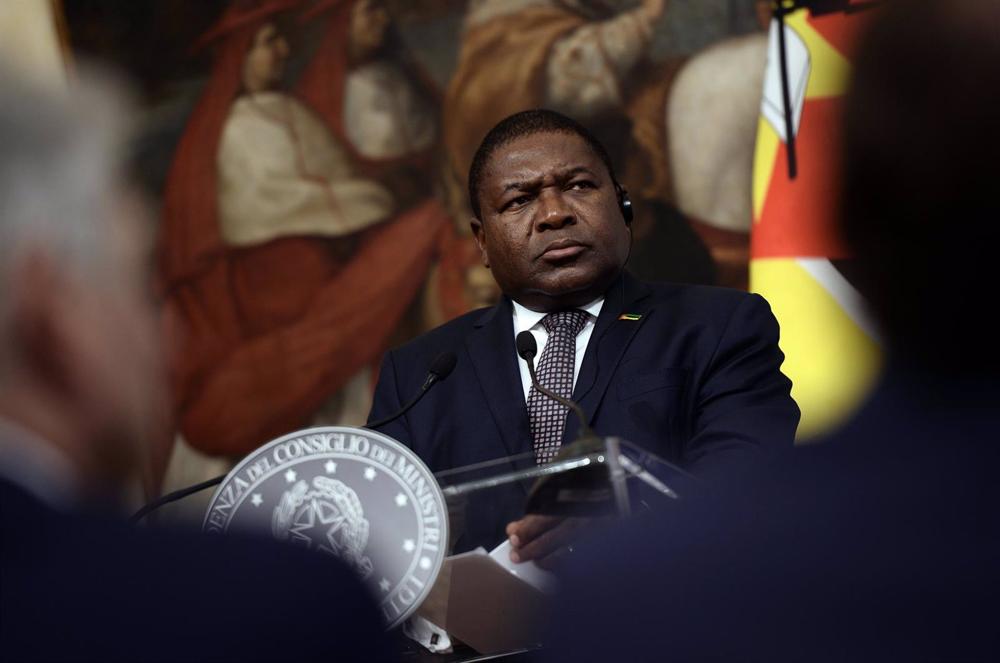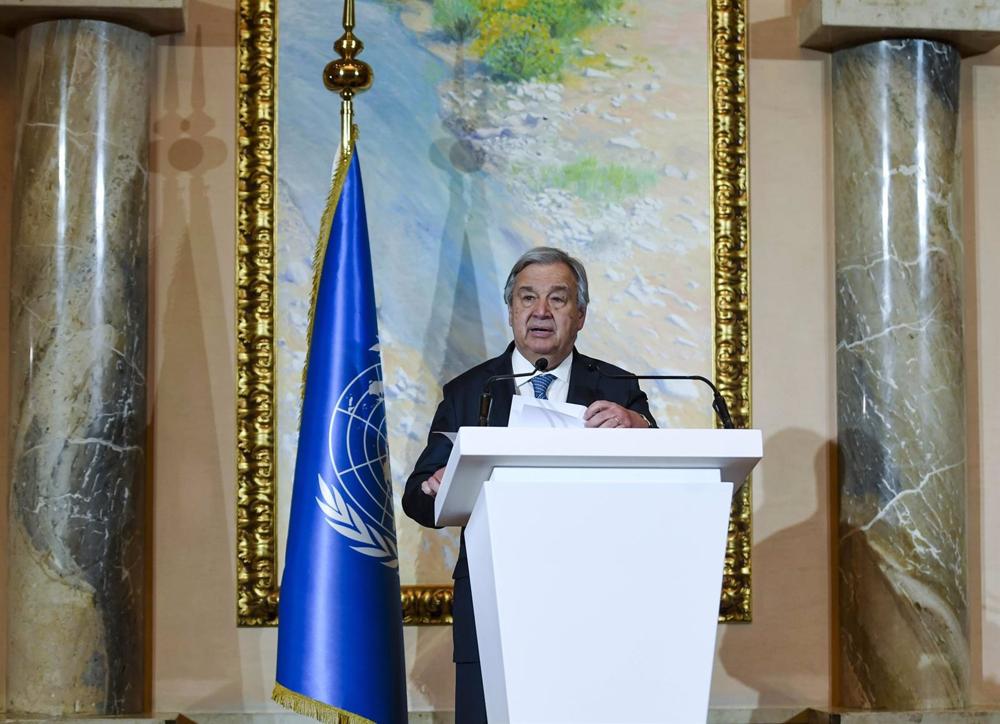
Libya’s High Council of State has accused the internationally recognized government headed by Abdelhamid Dbeibé of preventing a meeting of the body in the capital, Tripoli, through the deployment of loyalist militias to block access to the meeting venue.
The body’s president, Khaled Mishri, has called on the Presidency Council to investigate and take action following the incident, which he denounced as a «precedent» and a «disruption of political efforts» to try to stabilize the country.
Mishri described the Dbeibé government as a «government of militias» and announced the filing of a complaint with the Public Prosecutor’s Office to prevent the use of force against the High Council of State, as reported by the Libyan daily ‘The Libya Herald’.
On the other hand, he accused Dbeibé of trying to prevent an agreement between the High Council of State and the House of Representatives – the Parliament based in the east of Libya – for a constitutional basis for the holding of elections.
In this sense, he has charged against the Prime Minister for trying to «monopolize power» and has outlined that Dbeibé «fears to be replaced» in case there is an agreement between the parties, amid tensions due to the postponement of the presidential elections scheduled for December 2021.
The country is again divided into two administrations after the House of Representatives terminated Dbeibé’s mandate due to the postponement of the December presidential elections and appointed Fazi Bashaga, a conflict that has spread to the country’s energy sector, absolutely essential to sustain the economy of a nation ruined after years of civil war.
The unity government rejected the decision of the House of Representatives and maintained that Dbeibé will remain in office to implement its new ‘road map’ for elections. Dbeibé was elected as prime minister by the Libyan Political Dialogue Forum (LPDF) in February 2021, replacing the hitherto unity prime minister, Fayez Serraj.






